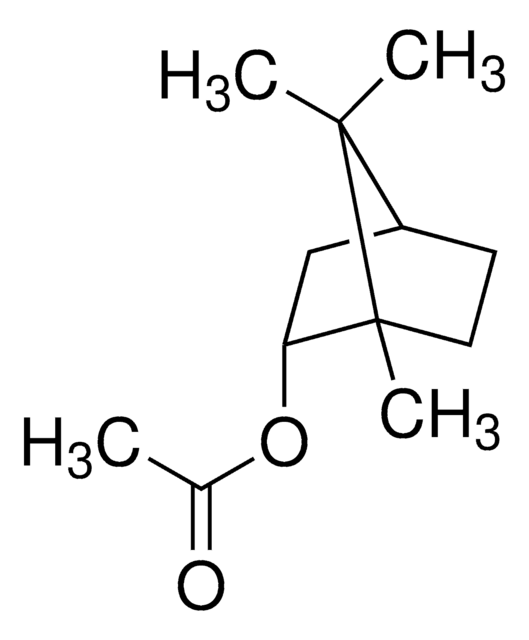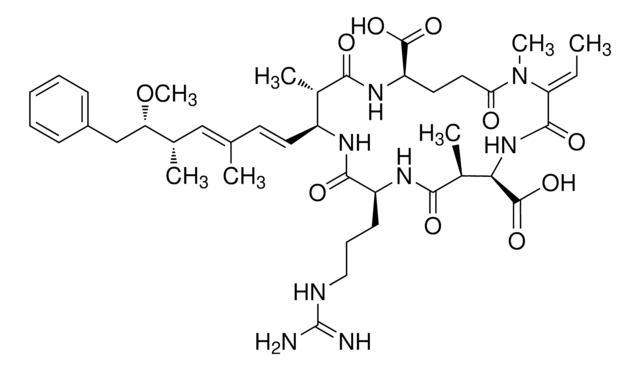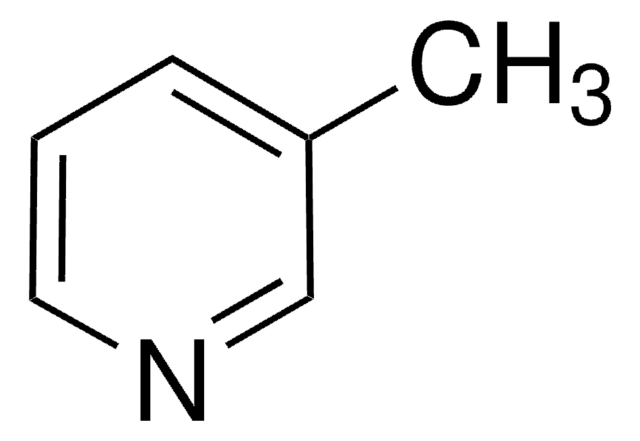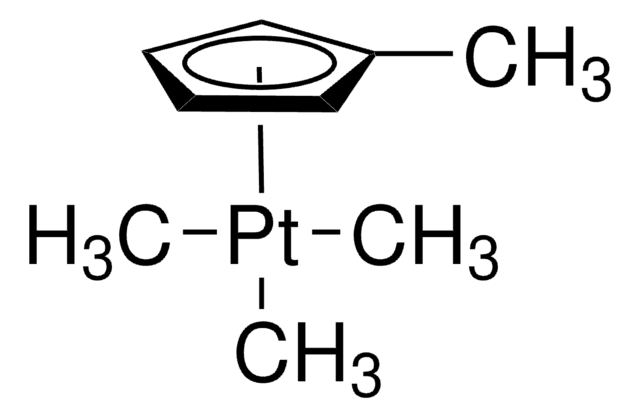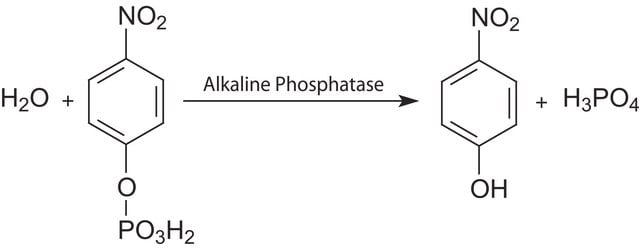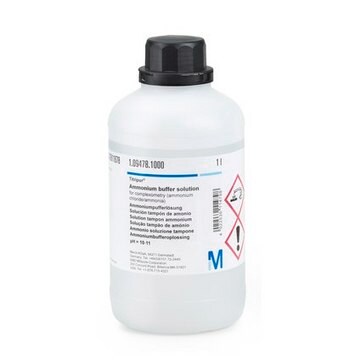A9226
Alkaline buffer solution
1.5 M, pH 10.3 (25 °C)
Synonym(s):
Basic pH buffer
Sign Into View Organizational & Contract Pricing
All Photos(1)
About This Item
UNSPSC Code:
12161700
NACRES:
NA.25
Recommended Products
General description
Alkaline buffer solution, 1.5 M, pH 10.3 at 25 °C is used in alkaline phosphatase reactions. It contains 2-amino-2-methylpropanol (AMP) and is used in conjunction with p-nitrophenyl phosphate (pNPP) enzyme substrate.
Application
Alkaline buffer solution has been used to measure the alkaline phosphatase (ALP) activity in the:
- rat bone marrow stromal cells (BMSC)
- osteoblast-like cells (SaoS-2, ATCC HTB 85)
- mouse MC3T3-E1
Other Notes
Contains 2-amino-2-methylpropanol
Signal Word
Danger
Hazard Statements
Precautionary Statements
Hazard Classifications
Eye Dam. 1 - Skin Irrit. 2
Storage Class Code
12 - Non Combustible Liquids
WGK
WGK 1
Flash Point(F)
Not applicable
Flash Point(C)
Not applicable
Choose from one of the most recent versions:
Already Own This Product?
Find documentation for the products that you have recently purchased in the Document Library.
Customers Also Viewed
Young-Hee Kim et al.
BMC pharmacology & toxicology, 14, 60-60 (2013-12-03)
Indoxyl sulfate (IS), an organic anion uremic toxin, promotes the progression of renal dysfunction. Some studies have suggested that IS inhibits osteoclast differentiation and suppresses parathyroid hormone (PTH)-stimulated intracellular cAMP production, decreases PTH receptor expression, and induces oxidative stress in
Salima Nedjari et al.
Scientific reports, 7(1), 15947-15947 (2017-11-23)
Stem cells therapy offers a viable alternative for treatment of bone disorders to the conventional bone grafting. However clinical therapies are still hindered by the insufficient knowledge on the conditions that maximize stem cells differentiation. Hereby, we introduce a novel
Helle Lysdahl et al.
BioResearch open access, 3(6), 278-285 (2014-12-04)
Clinical trials using bone morphogenetic protein-2 (BMP2) for bone reconstruction have shown promising results. However, the relatively high concentration needed to be effective raises concerns for efficacy and safety. The aim of this study was to investigate the osteogenic effect
Dan Huang et al.
International journal of nanomedicine, 12, 7483-7500 (2017-10-27)
Titanium (Ti) and its alloys have been widely used in clinics for years. However, their bio-inert surface challenges application in patients with compromised surgical conditions. Numerous studies were conducted to modify the surface topography and chemical composition of Ti substrates
Miriam Filippi et al.
Biomaterials, 223, 119468-119468 (2019-09-11)
Exposure of cells to externally applied magnetic fields or to scaffolding materials with intrinsic magnetic properties (magnetic actuation) can regulate several biological responses. Here, we generated novel magnetized nanocomposite hydrogels by incorporation of magnetic nanoparticles (MNPs) into polyethylene glycol (PEG)-based
Our team of scientists has experience in all areas of research including Life Science, Material Science, Chemical Synthesis, Chromatography, Analytical and many others.
Contact Technical Service



